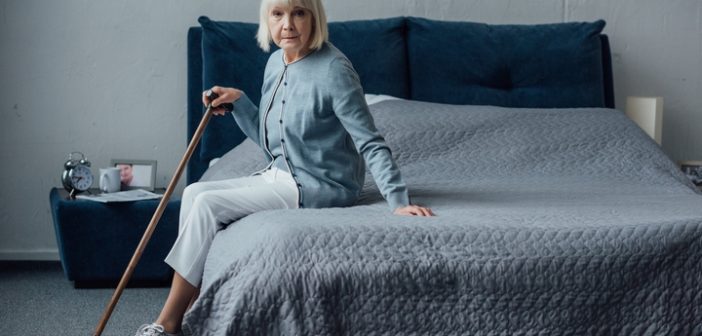The topic of mental health is slowly becoming more and more mainstream. Suffering from bouts of anxiety, panic, and depression are no longer reserved for the limited few. It is no longer your uncle that no one in the family talks to you, or your angst teenaged niece; it is your mother, your neighbor, your brother, even you. Mental health issues indirectly effected all Canadians, at some point during their lifetime.
The Canadian Mental Health Association noted that in any given year, 1 in 5 people in Canada will personally experience a mental health problem. The same study stated that by the age of 40, around 50% of the population in Canada will have had or are currently suffering from a mental health issue.
Mental health issues are also not challenges that are reserved for those in their youth; more than 1.8 million people over 60 years of age were living with mental health problems in Canada around 2016. These mental health problems prominently expressed themselves through depression, which is one of the most common mental health disorders in the country. Depression is diagnosed when an individual expresses the experience of several symptoms in conjunction with the amount of time they are being experienced.
Suffering from depression as an older adult is just as severe as suffering from it as a teenager or young adult. If you notice these signs of depression in elderly people for an extended period of time, it may be the right time to start seeking professional help.
1. Loss of Interest in Hobbies or Socializing

The difference between a person who is elderly who is suffering from depression and a young person is the added stigma of being older. Caretakers or family members may not take their symptoms so seriously, and simply account their changes in behavior to ‘being old’.
This is something that is particularly noticeable in an older adult. Throughout their lifetime, they have maintained a series of interests and relationships that have become consistent for a fair amount of time. Relationships do naturally fade, as do some interests as one ages. This loneliness is alleviated when you are living in a retirement community, but it is more prominent and noticeable when the elderly lives alone.
If one of your parents or family members has always loved football, or movies, and suddenly stops caring for them in a severe manner, then this could be a sign of depression. Not everyone is a social butterfly, so the desire to not socialize may not be out of character for a particular individual. But if it betrays their normal disposition, then it could be something to take a closer look at.
2. Weight Loss or Loss of Appetite
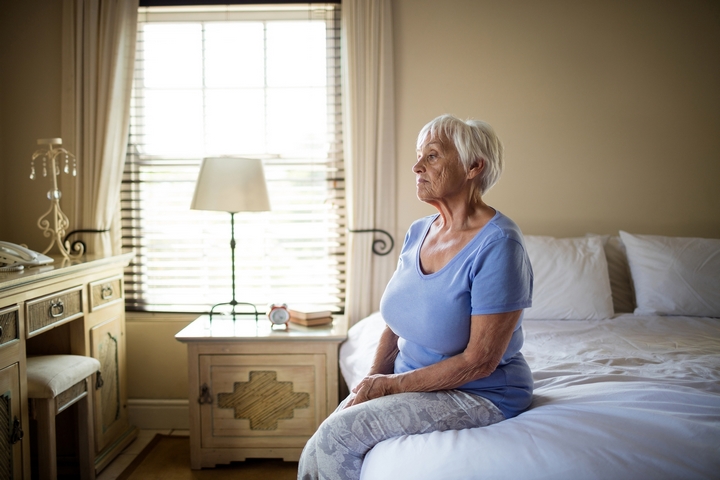
Sudden weight loss is a sign of many illnesses, as it the loss or diminishing of the appetite. You need to be alert when these signs of depression in elderly, along with sudden weight loss, emerge. If the person has always maintained a consistent habit of eating enough, then an abrupt halt to eating habits may be concerning.
Loss of interest in eating could begin slowly, eventually fading into the inability to eat at all. Pay attention to your loved one and their eating habits if you think they may be suffering from depression.
3. Sleep Issues
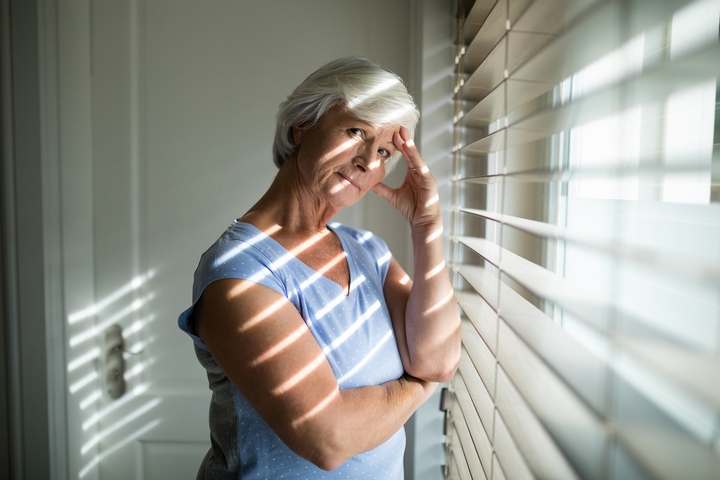
Many people have sleep issues throughout their lifetime, often due to other mental health issues as well as physical illness. It is only when an inability to sleep occurs on a consistent basis, or sleeping for long periods of time that depression may pop up as a possible diagnosis. It is of course, in conjunction with other symptoms and possible medical conditions.
An older individual only needs to sleep the average of eight hours a night; if they are constantly getting less or more, they may be in need of a closer inspection of their mental health.
4. Loss of Self-Worth
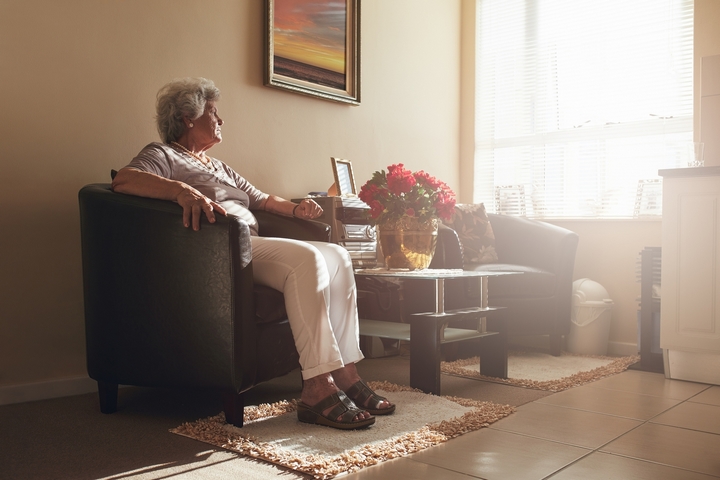
If your loved one expresses a lack of self-esteem, insecurity, and lack of confidence through the use of negatively valence word association, try to compare it to their usual manner of referring to themselves.
Some people have sarcastic, self-deprecating manner about themselves, while others constantly express certainty in their own abilities. Try to observe if their usual patterns have changed, noting the intensity of these self-shaming expressions.
5. Fixation on Death

Older individuals may become obsessive of dying because they know they are aging. But there is a healthy way that one can look at the concept of dying, and a way that is utterly detrimental to one’s mental health.
If someone you love constantly talks about dying in a manner that isn’t anxious or curious, but rather malevolent and indifferent, you may want to start looking into receiving more help for them.
6. Neglecting Personal Care
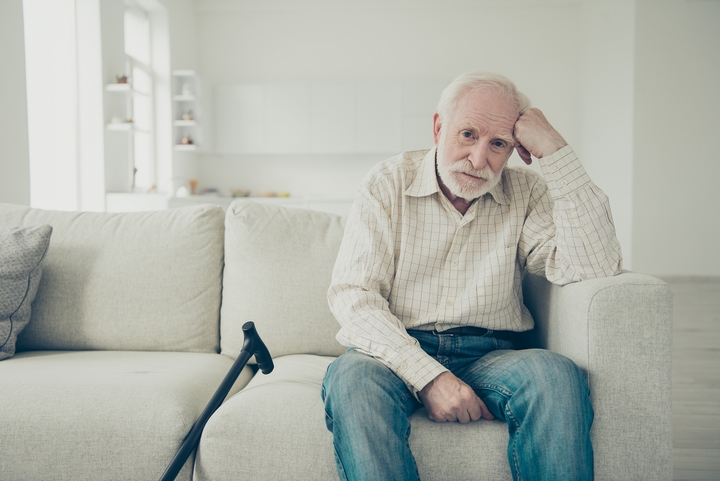
Neglect is stemmed deeply in the signs of depression in elderly people. Most people are able to maintain an average amount of personal self-care, which includes the practices of grooming, maintaining hygiene, exercising and eating properly, especially over a lifetime.
If a loved one, for example, stops showering often, styling their hair in a way that they used to, not brushing their teeth, or constantly staying in bed, then depression could be rising within in.
It is most important to try to pay attention to some of the character changes in an older adult who may be suffering from depression. This will be a more definite way to note and act upon your observations.

